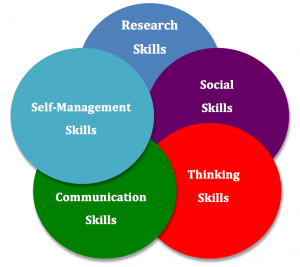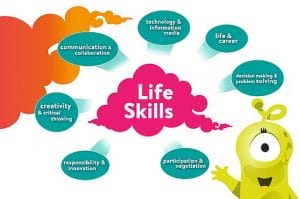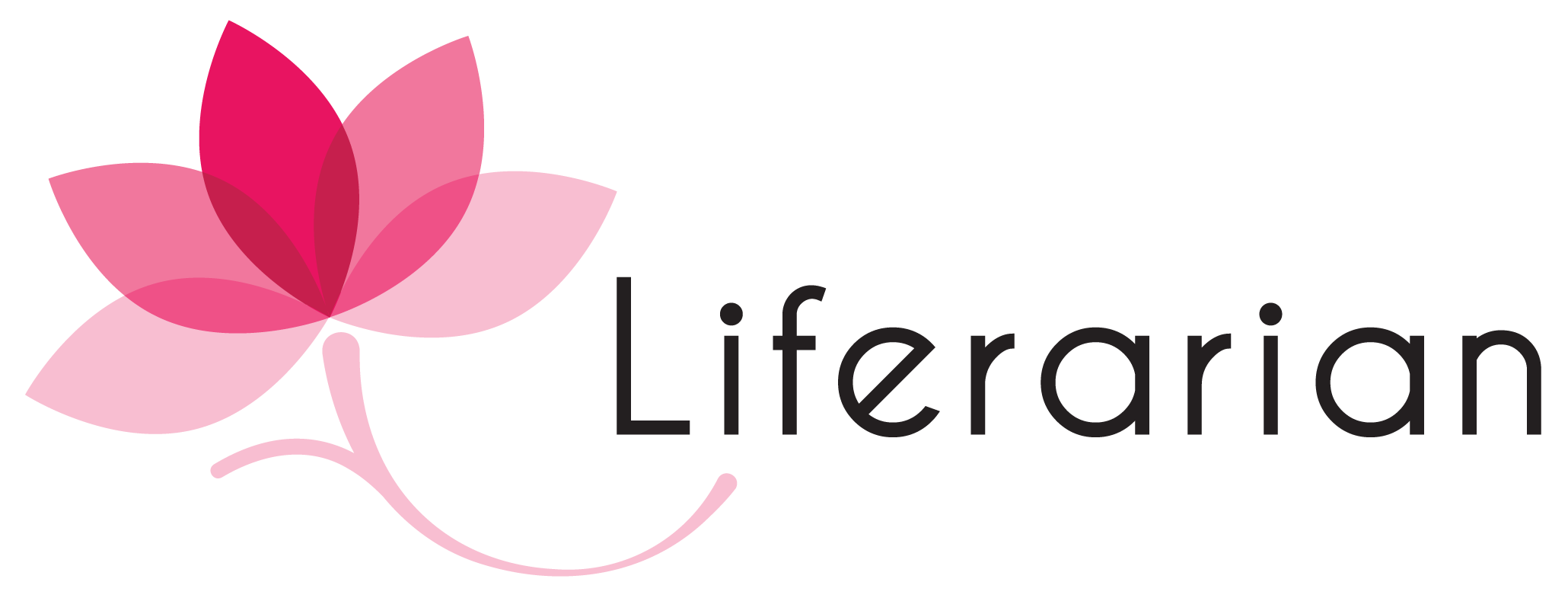 I have been a PYP facilitator for the past six years, and this is my first year as a Library facilitator spearheading Information Literacy. Over these past years, I have evolved with the evolving learning and teaching pedagogy of IB- PYP. The transdisciplinary skills in their new avatar as the Approaches to Learning continue to be an integral part of PYP.
I have been a PYP facilitator for the past six years, and this is my first year as a Library facilitator spearheading Information Literacy. Over these past years, I have evolved with the evolving learning and teaching pedagogy of IB- PYP. The transdisciplinary skills in their new avatar as the Approaches to Learning continue to be an integral part of PYP.
Let me share the approaches to learning:
1. Thinking Skills: analysing and evaluating, generating novel ideas and perspectives, using skills in multiple contexts, reflecting on our process of learning.
2. Research Skills: planning, data gathering and recording, interacting with media to create ideas and information and ethical use of media information.
3. Communication Skills: Listening, interpreting, reading, writing, using language to communicate information, communicating using technology.
4. Social Skills: Developing positive interpersonal relationships, being respectful to others, building consensus, taking on a variety of roles, anger and conflict resolution.
5. Self- Management Skills: managing time effectively, mindfulness, perseverance, self-motivation.
The above short description of each skill is not the figment of my imagination but merely stating facts as per the PYP learning and teaching guidelines.
The point I wish to highlight is that if we focus on each skill, we will realise that these are Life Skills that our parents, teachers, relatives and every meaningful stakeholder in our life have been imparting to us in some form or the other during our lifetime.
I have several incidents of my life that relate to these skills being imparted to me in some form or the other.
 When we were given a fixed budget to buy a pair of sports shoes, we put our research skills at work. We research all types of shoes available, their pricing, features, design, colour, concluding by finally asking friends for feedback.
When we were given a fixed budget to buy a pair of sports shoes, we put our research skills at work. We research all types of shoes available, their pricing, features, design, colour, concluding by finally asking friends for feedback.
Training for self-management skills started early on in life when our parents gave instructions. As students, we were asked to remember tasks like to get your tiffin back, not miss the school bus, remembering to pack the school bag the previous night, to keep the uniform and shoes ready at a designated spot.
Importance of social skills was primary for survival – wishing elders, learning to share, taking turns, not arguing about why the same child is given the opportunity of being the goalkeeper always, and learning to play football in other positions too. This one is classic and will resonate with all, “Your teacher always makes you the narrator, why don’t you dance or sing”.
Our parents always wanted us to don all roles and be socially acceptable. Communication Skills were quintessential; one had to learn to read, write, listen (extremely important), speak and interpret information effectively; otherwise, you are considered as a good for nothing.
Both teachers and parents incorporated several strategies like reading stories at night, loud reading, writing short passages on random topics, participating in debates and quiz competitions are a few to name.
The point I am trying to consider here is that ATL or Life Skills as I would like to call them are not a recent invention, they have been a part of our lives from times immemorial.
IB makes a planned and strategic intervention to make them a quintessential part of the curriculum and expects the facilitators to establish and embed the ATL explicitly or implicitly through a variety of strategies.
So weaving the ATL in our everyday learning and teaching is not a herculean task. Still, we need to incorporate it seamlessly into our lesson plans, learning and teaching strategies and more so model them to the young learners.
-By Sapna Ratan, PYP Homeroom/Teacher Librarian, Symbiosis International School, Pune.

